

Forged for fun
Aluminum wheelsAluminum, an iconic and proven material in the world of cycling, has been used in generations of high-performance, reliable, and affordable bikes.
Our range of aluminum wheels...
Aluminum, an iconic and proven material in the world of cycling, has been used in generations of high-performance, reliable, and affordable bikes.
Our range of aluminum wheels celebrates this exceptional metal, while infusing it with a healthy dose of contemporary innovation. Our wheels are the result of ultra-precise engineering, combining the legendary strength of the metal with modern geometry adapted to the demands of today's cyclists.
The ability to vary the thickness of the aluminum on different parts of the rim (patented ISM 4D technology) optimizes strength where it is needed and reduces weight where possible. With decades of experience, Mavic knows how to combine the most relevant traditions with the most advanced production methods (and vice versa).
Rediscover the pure joy of road cycling with the whir of exceptional wheels.
Lightweight, responsive on climbs, and unflappable on descents, these wheels embody the perfect balance for all road riding. They are designed for those who value durability without compromising performance.

KSYRIUM SL DISC HERITAGE (PAIR) $949.00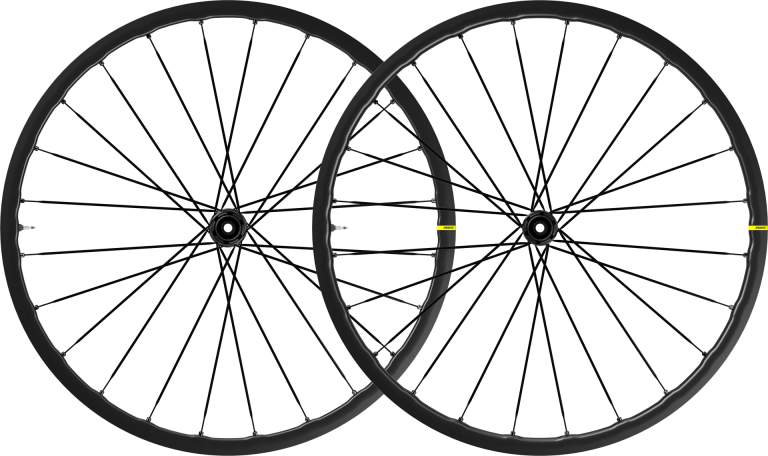
KSYRIUM SL DISC (PAIR) $949.00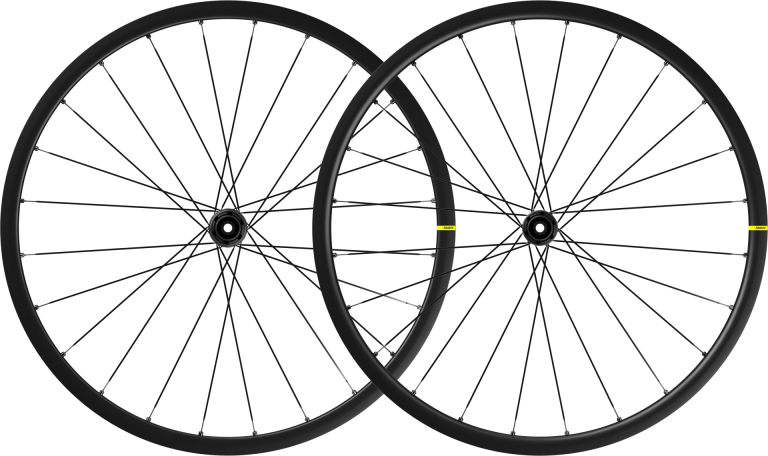
KSYRIUM S DISC (PAIR) $689.00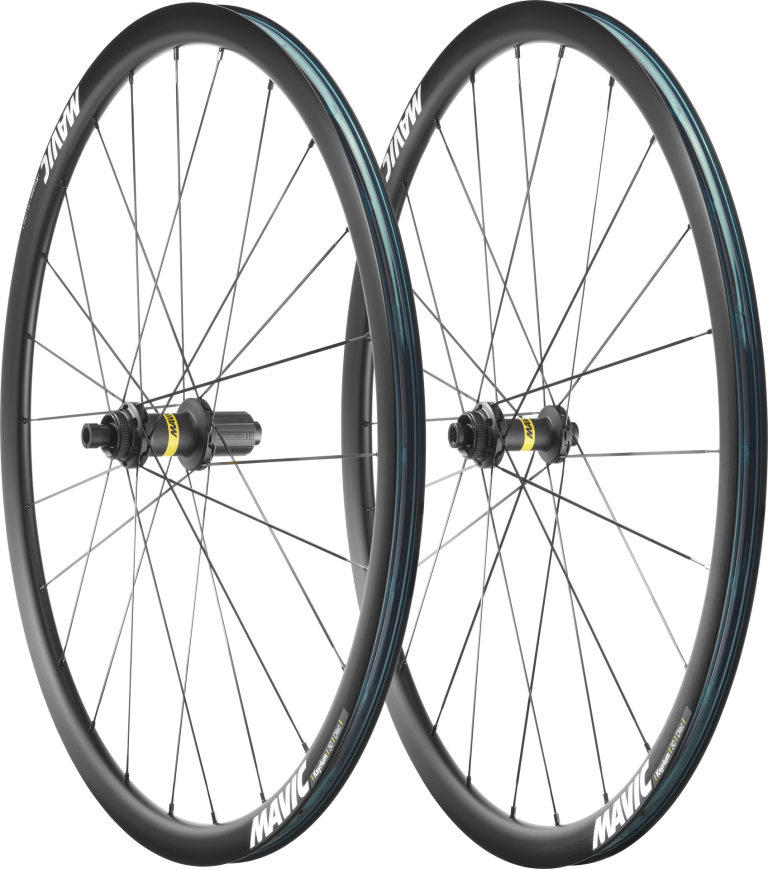
KSYRIUM 30 DISC (PAIR) $579.00
AKSIUM 1 DISC (PAIR) $419.00
KSYRIUM SL HERITAGE (PAIR) $949.00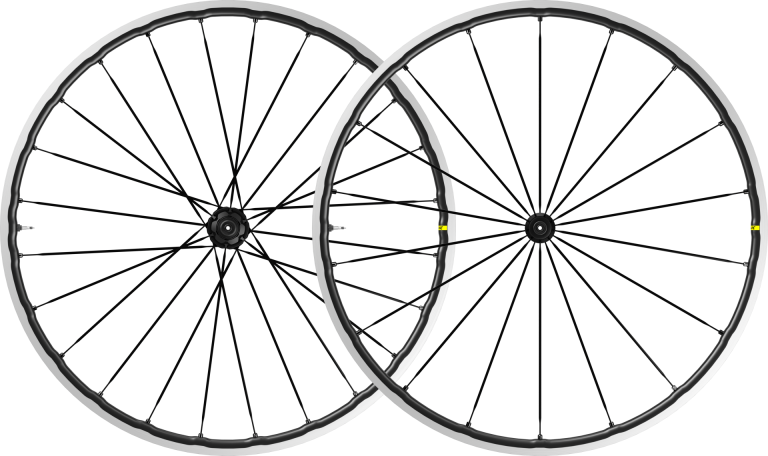
KSYRIUM SL (PAIR) $949.00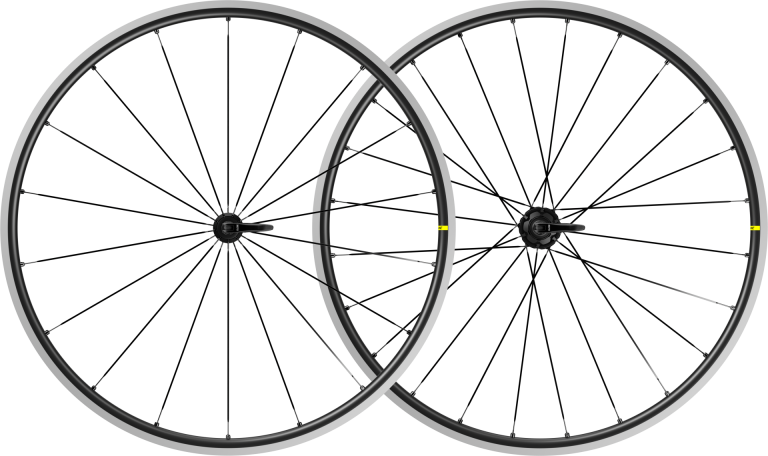
KSYRIUM S (PAIR) $689.00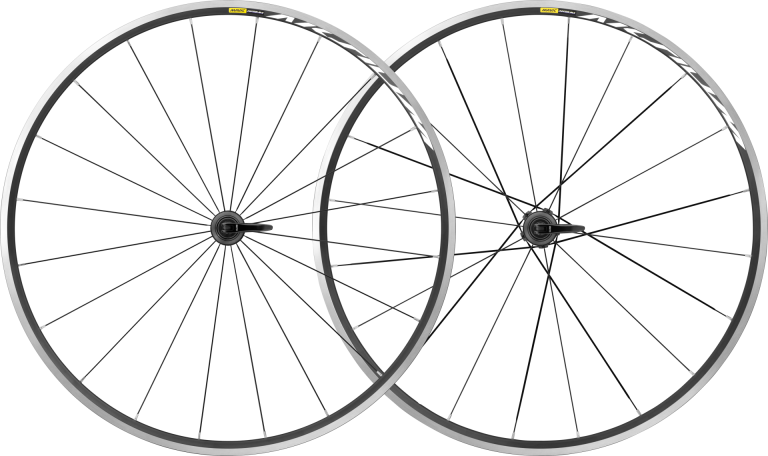
AKSIUM (PAIR) $419.00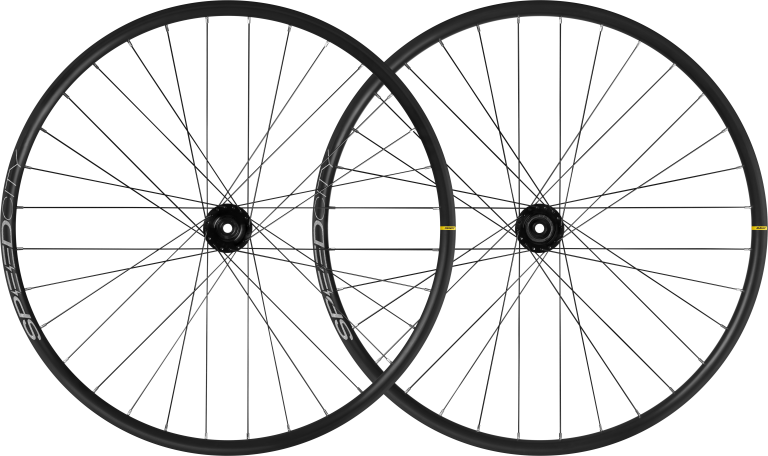
E-SPEEDCITY 1 700 (PAIR) $479.00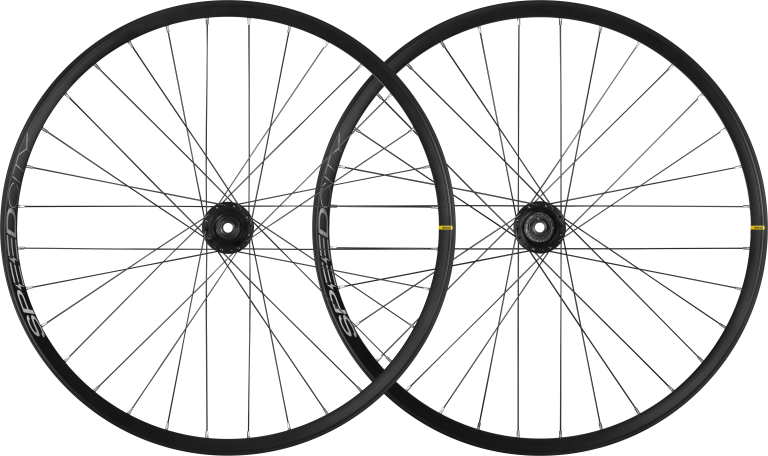
E-SPEEDCITY 1 650B (PAIR) $479.00